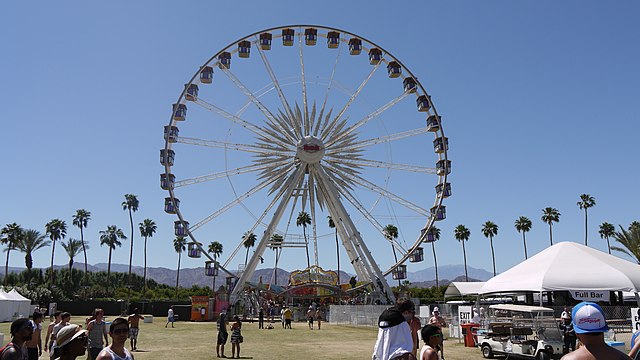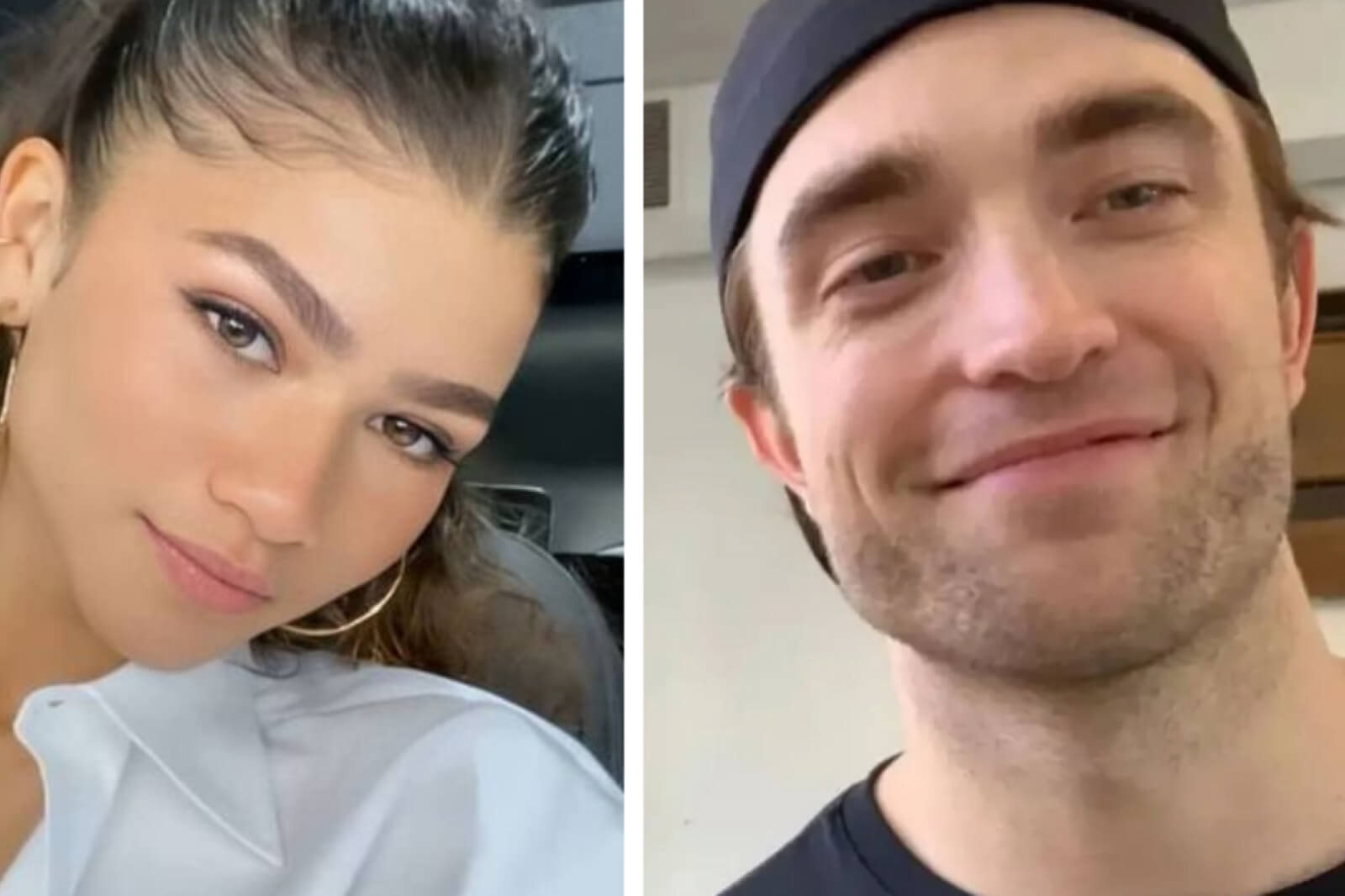If Netflix announced a new, upcoming series produced by Judd Apatow with a cast including Seth Rogen, Jason Segel, James Franco, Martin Starr, Busy Philipps, Lizzy Caplan, and Shia LaBeouf, it would be one of the most anticipated projects in Hollywood.
Except that show already came out on NBC over 20 years ago, and it was canceled after a single season.
Before Freaks and Geeks, most high school coming-of-age sitcoms were still in the vein of The Brady Bunch. One of the most common tropes in these shows were the single-episode “bad kids” who’d waltz into school, convince the protagonist to smoke or drink or join a gang, and then quickly get expelled/arrested/murdered in order to illustrate that drugs are bad, or whatever. Saved by the Bell, Family Matters, and Full House were all smash hits in the ’90s, and they all followed the same script: Within 30 minutes, all problems were solved, so the adults could provide their life-changing advice before forgiving, forgetting, and moving onto the next episode.
But Freaks and Geeks changed the playbook by focusing on the outsiders, the bad kids, the…well…freaks and geeks. Lindsay and Sam Weir, played by Linda Cardellini and John Francis Daley, were the intermediaries for the two groups. Lindsay was the older sister attempting to stray from her persona of an uptight “brain.” Younger brother Sam was a freshman who spent a lot of his time trying to avoid bullies, but his efforts usually proved unsuccessful. Their journey through the school year allowed us to recall our own high school experiences. Sam and his freshmen pals, Bill and Neal, strived to transition from playing Dungeons and Dragons to finding girlfriends. Meanwhile, Lindsay’s new group of friends introduced her to sex, drugs, and rock and roll as she worked to parse her identity between mathlete and rebel.
As for casting and character development, the young actors didn’t look like the typical all-American protagonists. Busy Phillips later reflected, “…I was reading things in the press about how we were the anti-Dawson’s Creek. There was one quote I remember very clearly, like, “You won’t find any pretty people on Freaks and Geeks.” That was interesting as a 19-year-old girl to read. We were not standard packaging.“
Freaks and Geeks never attempted to tackle social issues or instill heavy-handed values in their viewers. It’s a truly objective examination of life for high schoolers, allowing it to remain relevant even decades later–timeless, even. Perhaps ironically, this realism (which broke the mold of the standard sitcom formula) made any lessons the show did convey much more practical for the average teen than those from any show before it.
Watching Lindsay and Sam trying their best to be good people and constantly being met with embarrassment and failure rarely granted the viewer the uplifting feeling expected from a weekly sitcom. The evolving relationships between Lindsay, Sam, and the rest of the freaks and geeks represented the fluidity and instability of high school dynamics. Groups of friends had ups and downs. Cliques changed alongside interests. While the characters rarely experienced “wins,” when they succeeded, the audience felt real validation. Here was a show where it was easy to say, “I was that kid!” Whether you identified with the freaks, geeks, bullies, or cheerleaders, everyone had their own high school problems and experiences to learn from.
The depiction of characters navigating emotions they don’t understand—all under the guise of acting cooler than they feel–is an eternal teenage struggle. Rather than shying away, Freaks and Geeks reveled in the awkwardness. In fact, it embodied many of the same characteristics we’ve grown accustomed to with Judd Apatow’s later work, both as a director and producer, including 40 Year Old Virgin, Funny People, and Girls.
But while Freak and Geeks might not have succeeded with mainstream audiences, it garnered a dedicated cult following that served as a career boost for Apatow, Feig, and many of the actors. There’s always been support for a reunion and reboot, too, with creator Paul Feig even discussing what season 2 would have looked like. Seth Rogen also famously tweeted about confronting the NBC executive that axed the show.
Freaks and Geeks was released too early, too late, and maybe also at just the right time. It’s a time capsule that gets everything right, and additional seasons could’ve changed that. Since the show was taken off the air, Feig, Apatow, and many of the actors have helped to change the Hollywood landscape. So even if Freaks and Geeks could have achieved more commercial success in the age of Netflix, its legacy wouldn’t be the same. Perhaps it’s fitting that a show about misfits didn’t quite fit in either.














